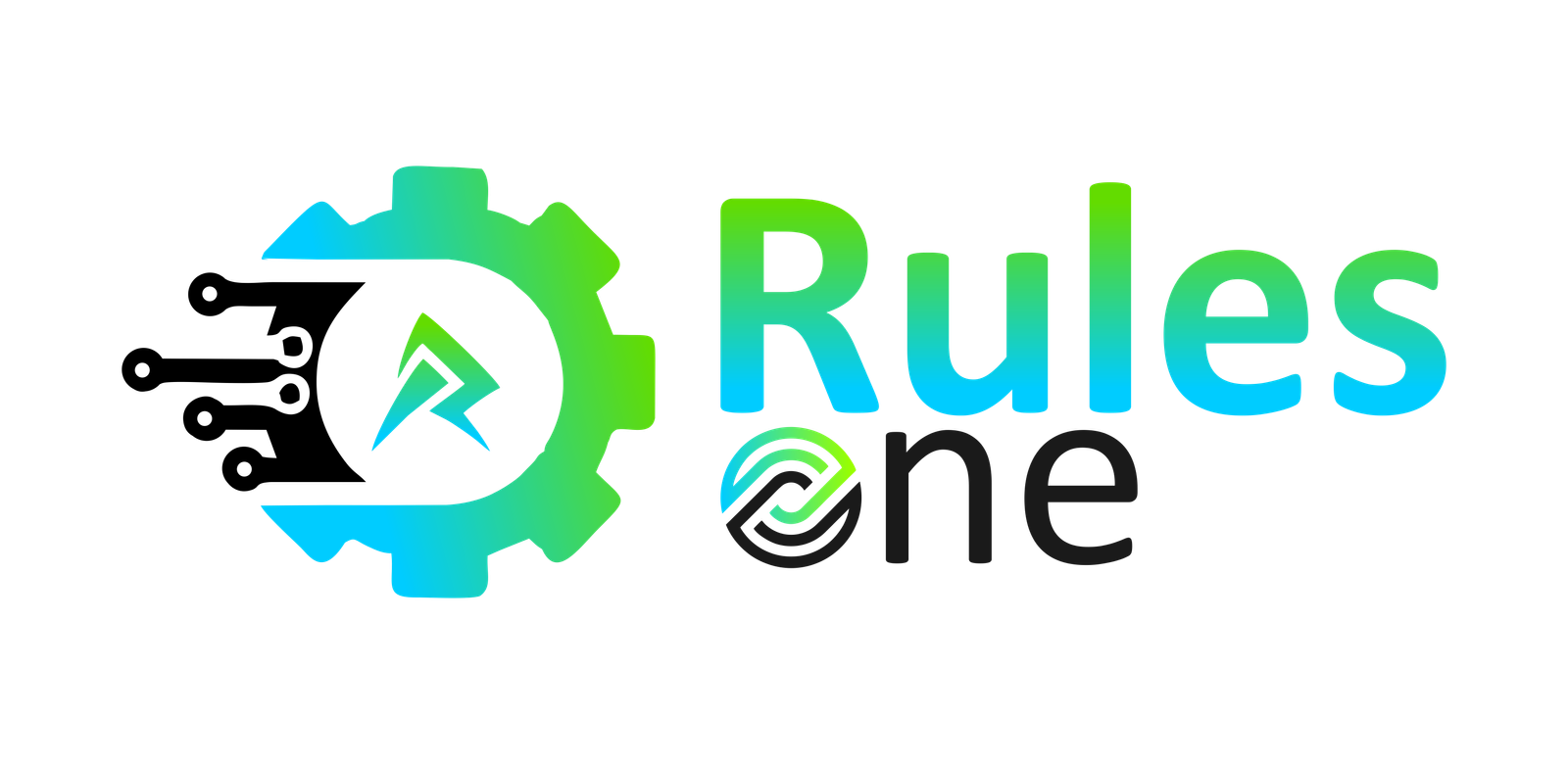VR in Education: Revolutionizing Learning Experiences

Imagine a world where the classroom’s four walls transform into the expansive universe, ancient civilizations, or the deepest oceans. This isn’t the work of magic or fantasy, but the impact of VR in Education.
Introduction to VR in Education
Have you ever wondered about the potential of blending technology with traditional teaching methods? Virtual Reality (VR) is that bridge, changing how educators teach and students learn. Remember how we often say, “Seeing is believing”? VR in Education is that proverb brought to life.

The Evolution of VR in Education
- The Beginning Stages
In the early days, VR was a mere concept – a dream of educators and tech enthusiasts. It started with basic simulations and 3D images, more of a novelty than an educational tool.
Modern Advancements
Fast forward to today, and VR is a game-changer in classrooms. With advanced VR headsets and diverse content, it’s revolutionizing education, making complex subjects digestible and engaging.
Benefits of Using Virtual Reality in Education
- Enhanced Engagement
Do you remember those dull history lessons? Now, picture learning about the Roman Empire by virtually walking through the Colosseum! VR makes this possible, increasing student engagement exponentially.

Simulated Experiences
Why just read about chemical reactions when you can witness them in a virtual lab? Simulated experiences offer risk-free environments to practice, experiment, and learn.
Personalized Learning Paths
Every student is unique. VR allows for personalized learning experiences catering to individual learning styles and paces. Isn’t that something we’ve always wished for?
Limitations and Challenges
- Hardware Requirements
Sure, VR sounds excellent. But, it requires specific hardware – and that is costly. Schools need substantial investments to make VR a reality for every student.
Content Creation
While there’s plenty of VR content, only some things are suited for educational purposes. Creating tailored content is time-consuming and often requires expertise.
Safety Concerns
Remember when you bumped into the coffee table while wearing a VR headset? In a classroom filled with students, safety concerns are real.
Real-world Applications
- History Lessons Through VR
Imagine experiencing the French Revolution firsthand or walking with dinosaurs. VR brings history to life, making it relatable and unforgettable.

Virtual Science Labs
No chemicals, no risks, just pure learning. VR science labs allow students to experiment in a controlled, virtual environment.
Language Learning
Have you ever thought of learning French in Paris without leaving your classroom? VR makes immersive language learning possible, enhancing retention and understanding.
The Future of Virtual Reality in Education
While we’ve made leaps and bounds, the VR journey in Education is just beginning. As technology advances, so will its applications in learning. The day might be close when VR becomes a staple in every classroom. Are you ready for that future?
Conclusion
VR in Education isn’t just a fancy tech buzzword. It’s the future of how we learn, teach, and experience education. While challenges exist, the potential benefits outweigh them as educators and students; embracing this change could be our ticket to a richer, more engaging educational landscape. So, are you on board?
Rate us our Post (VR in Education: Revolutionizing Learning Experiences)How much do you like our Article






